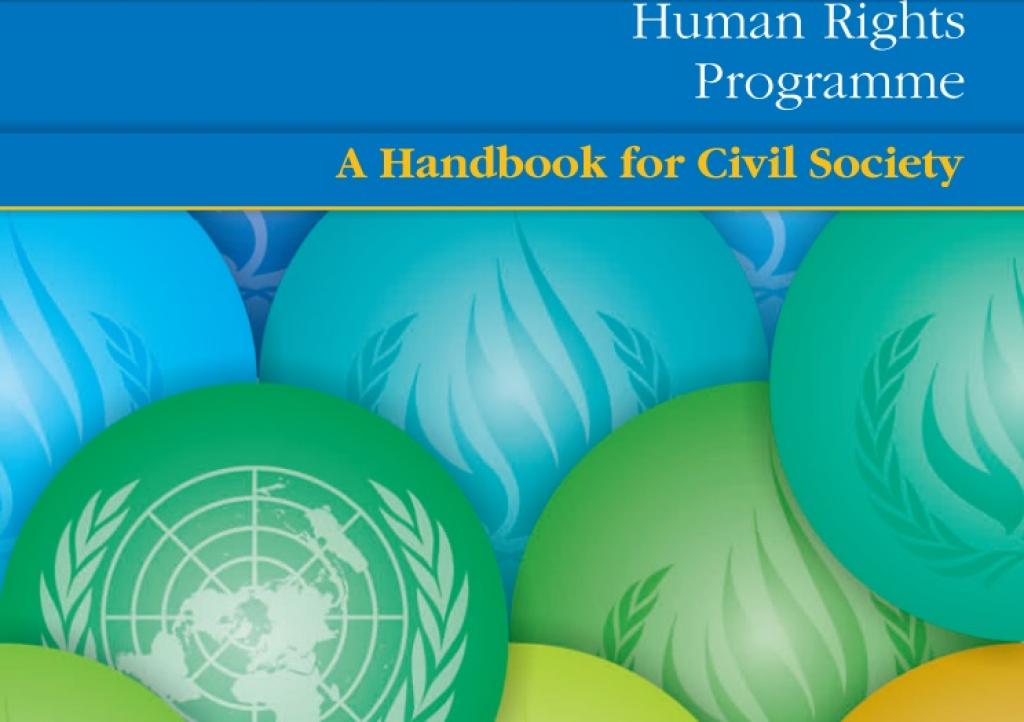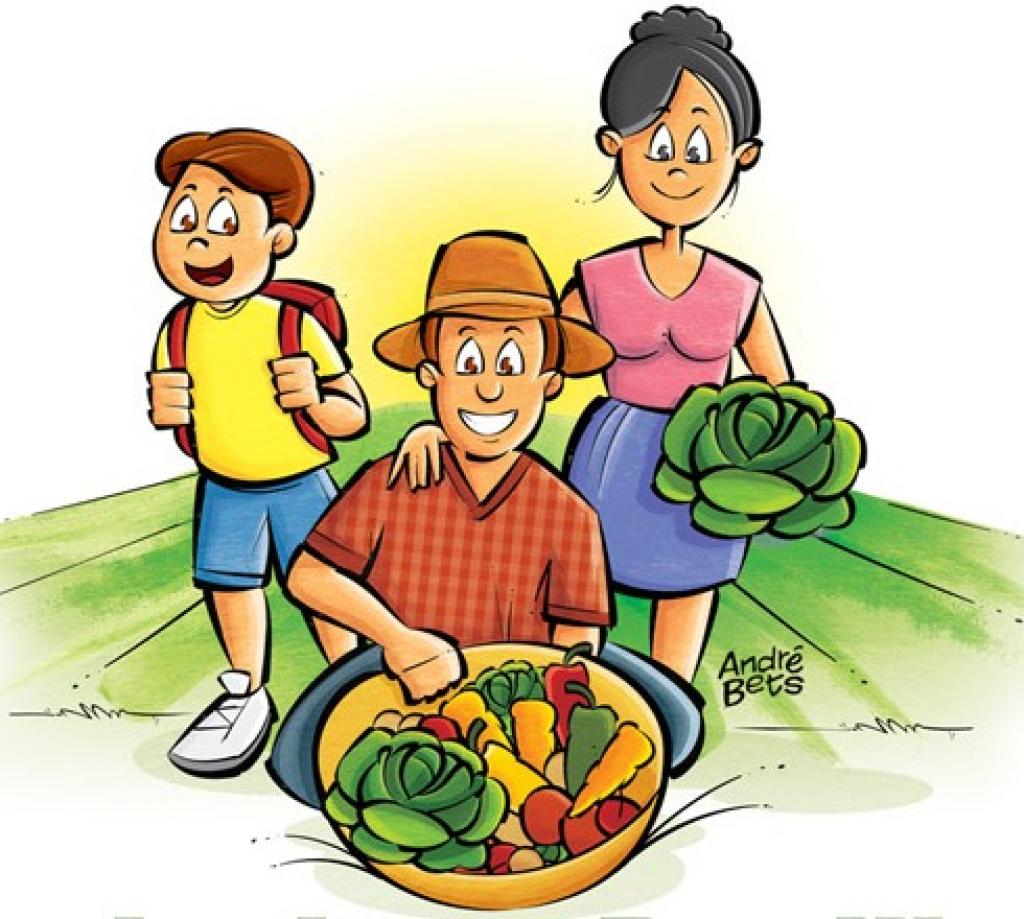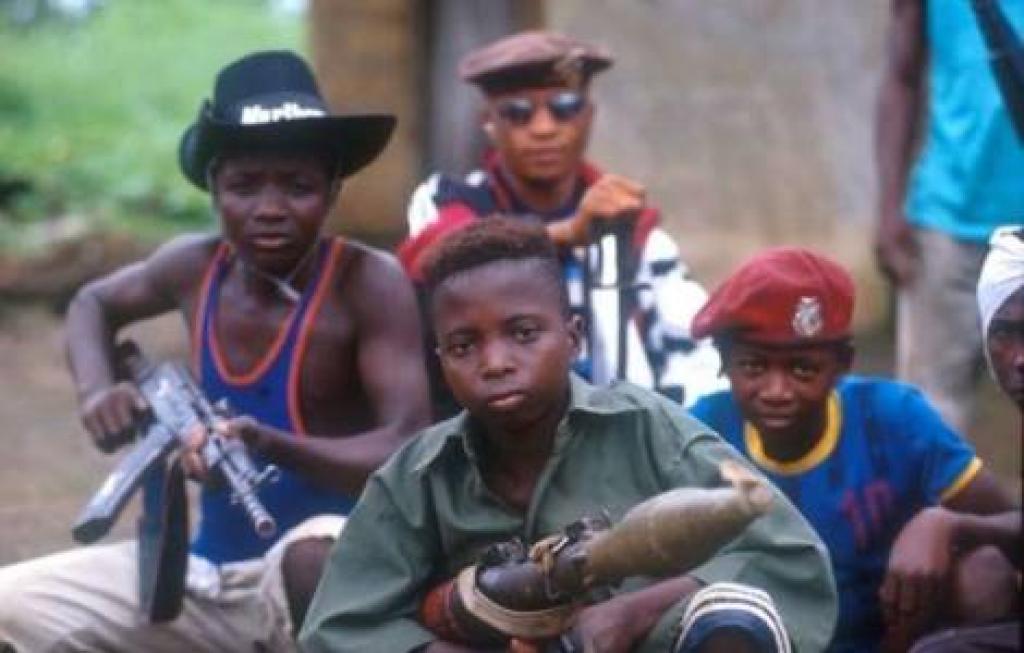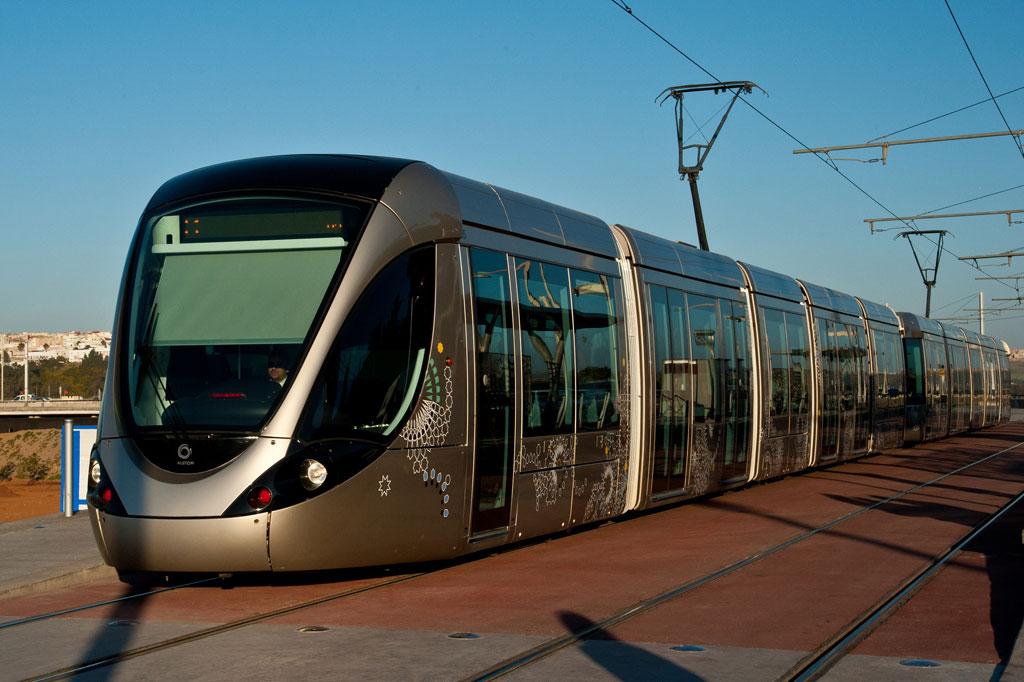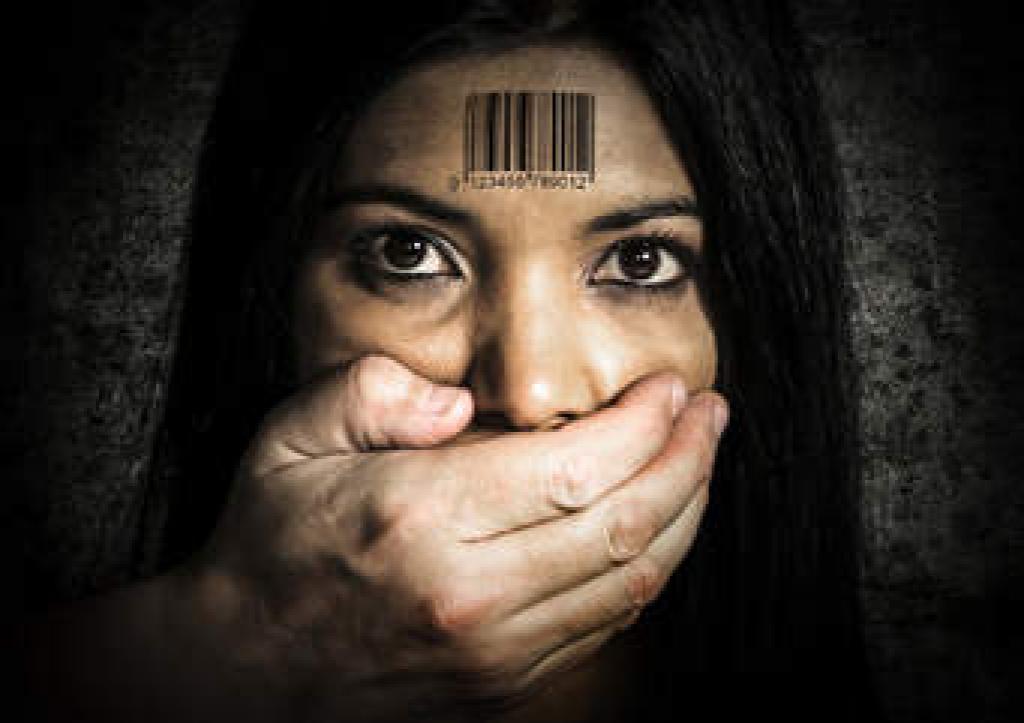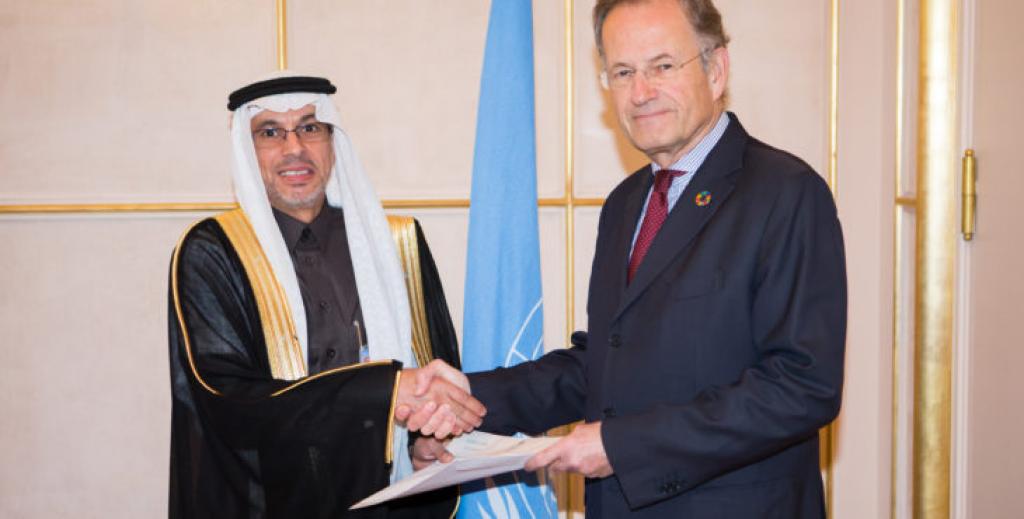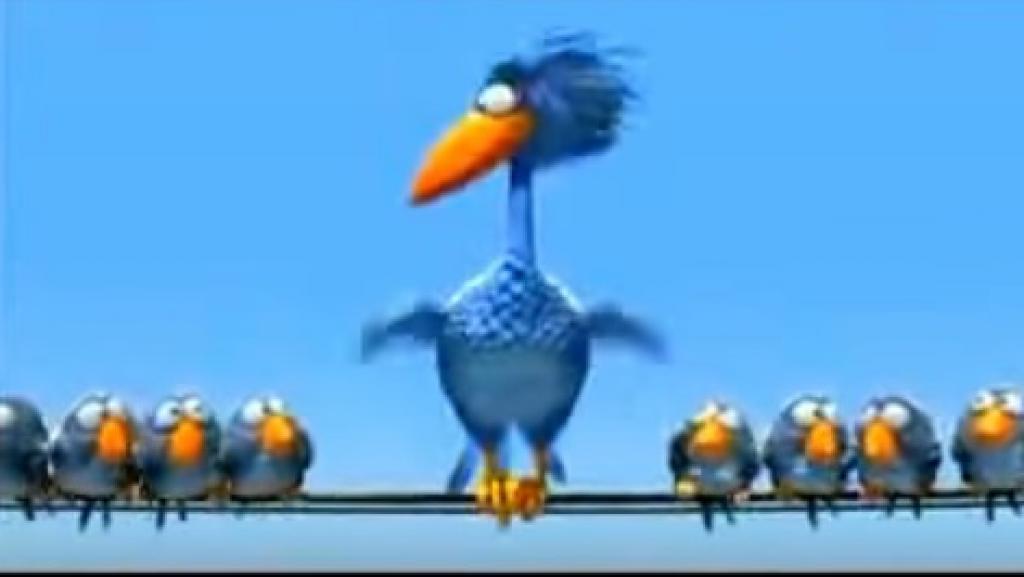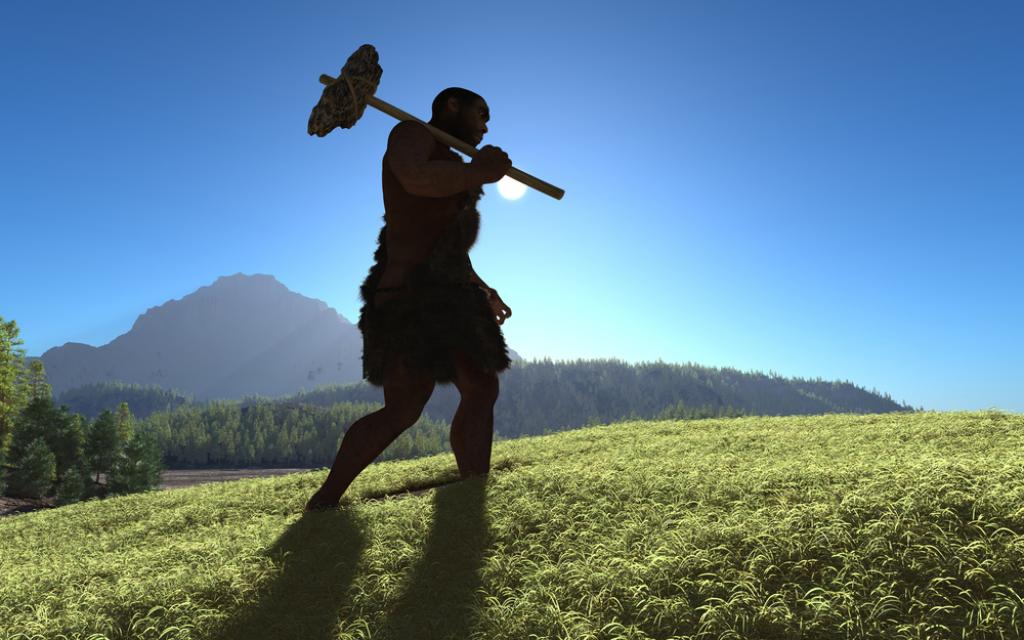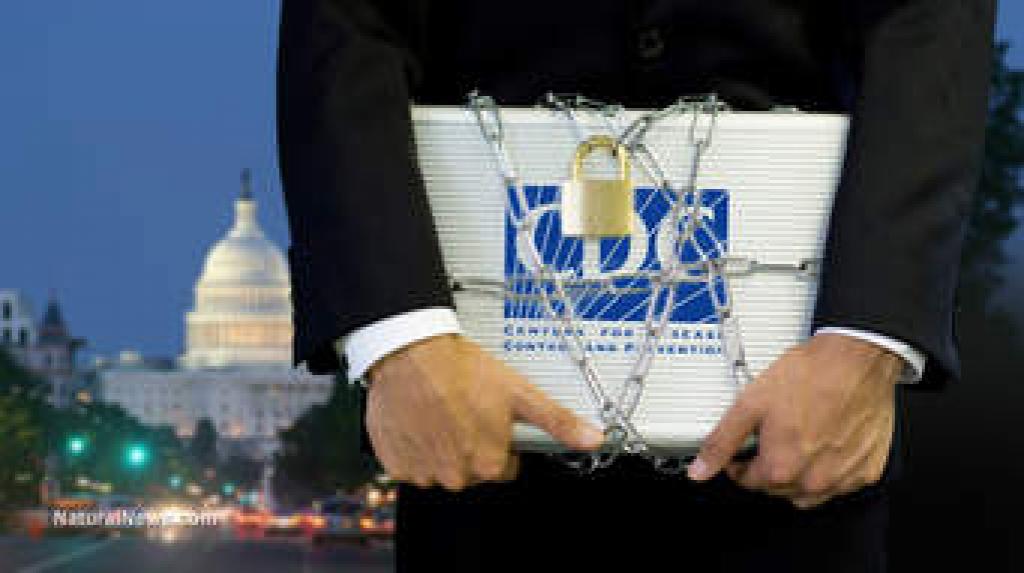JPIC News from John Paul Blog - Vol. 5 - N 2
|
THE NEWS OF THE MONTH >>
A Handbook for Civil SocietyMany voices are criticizing the United Nation (UN) System. Lawmakers spoke of the need for the UN to return to its original purposes as it was established in the aftermath of World War II. The reproach is that the UN that once aimed to be a family of Nations became a club of governments guided by a too enormous, well-paid, and powerful bureaucracy. It is stated in the article, Ban Ki-moon’s Mixed Legacy as UN Secretary-General that, “With the world in the state it now is in, we need a Secretary-General who speaks truth to power, who speaks his mind, who takes strong positions, and who has not been a characteristic of the last several years of Ban Ki-Moon’s tenure.” We now have a new President of the Unites States, who himself has been critical towards the UN, as well as a new General Secretary of the UN System, and this coincidence revives the pressure for a reform. In their open letter to President Donald Trump, the Presidents of the Conference of Major Superior of Men and Women religious, shared their concern and hope, gave an indirect headline for this reform. They expressed their concern because the fractures and divisions were “seen so clearly during the election season.” They expressed hope for the future, because all we can advocate for is “a just, merciful and humane society worthy of the dignity of all”. “The gift of leadership” –they stress- is given to American leaders (and of course to all leaders) by the Right of the People.” They quote the words of Pope Francis: “It is a challenge, to build up society, communities and businesses by acting as peacemakers. It is to show mercy by refusing to discard people, harm the environment, or seek to win at any cost.” This Handbook, issued few years ago by the office of the High Commissioner for Human Rights, becomes terribly up-to-date, with the title “Working with the UN Human Rights Program”. It is “addressed to the civil society actors who, every day in every part of the world, contribute to the promotion, protection and advancement of human rights.” It is a user-friendly and authoritative publication, explaining how UN human rights bodies work and exploring the ways that civil society actors including NGOs can contribute to their work. It is in multiple languages and in English can download here | |
|
THE GOOD NEWS >>
A model law for the Promotion of an Agriculture familyThe members of the Caribbean Latin American Parliament (Parlatino) unanimously approved forms of a family farming model and law, which includes recommendations and guidelines for countries to strengthen this key sector for food security. The law was voted for on December 3rd by the XXXII General Assembly of the Parlatino which was held in Panama City. The text recognizes that “family agriculture” is key to eradicating hunger by its ability to provide healthy and nutritious food to the whole population". According to the Food and Agriculture Organization (FAO),the new model law establishes guiding principles, definitions, and obligations that national states can use as a base to create or improve their laws, policies, and strategies of family farming. The law will be sent by the Parlatino to the assemblies and congresses of the twenty member countries of this regional organization. Parlatino already has two other model laws related to food security and nutrition: The Framework Law of the right to food, food security and sovereignty of 2012, and school feeding Framework Act, passed in 2013. For the FAO this new law represents an imperative step for the region, embodied in the main objective under the law: that states ensure permanently and as a national priority, preservation, promotion, and development of family farming, from the recognition of its importance as a way of life and productive activity. To learn more see here To go deeper into the topic see Family farms produce 80 percent of world's food and also The map showing the origin of the food we eat | |
|
THE WORST NEWS >>
Orphaned due to Conflicts and ExploitationThe number of children orphaned due to conflicts and exploitation, or victims of violence, has continued to rise since 1994 in Goma, in the eastern region of the Democratic Republic of Congo. The complaint comes from the En Avant les Enfants, INUKA (Stand up in Swahili) center. According to INUKA, more than 4 million children have lost at least one parent in the last twenty years, becoming silent victims of the ongoing cycles of violence. As a result of being persecuted by wars, they have become part of more than 26 million orphans living in central and western Africa. The country where these children are growing up, has been plagued by ethnic conflicts and fights over valuable minerals. This phenomenon is also fueled by the violence which has inevitably forced the displacement of people that prevents millions of children to grow up in a normal family environment. Many orphans are forced to earn a living, and have to often take care of their siblings. Some are recruited by armed organizations or have fallen victim to sexual exploitation. See here | |
|
Celebrating!
Sustainable transportRecognizing the fundamental role of sustainable transport in fighting climate change and achieving the sustainable future we want, the first ever global conference on sustainable transport convened on the 26th and 27th November 2016 in Ashkhabad, Turkmenistan. This Global Sustainable Transport Conference brought together key stakeholders from Governments, the UN system and other international organizations, the private sector, and civil society to engage in a dialogue that emphasized the integration and cross-cutting nature of sustainable transport and its multiple roles in supporting the achievement of the SDGs. The Conference ended with satisfactory results reinforcing the importance of sustainable transport. All modes of transport—road, rail, aviation, ferry and maritime were addressed. "Sustainable transportation solutions are essential to leave no one behind, ensure economic prosperity, guarantee access to services and protect the environment." Sustainable transportation is necessary for developing countries; particularly those with special situations, such as the least developed countries, landlocked developing countries and small islands developing States. To know more click here. Please click here to read the Concluding Press Release and here to read the Ashgabat Statement on Commitments and Policy Recommendations of the Global Sustainable Transport Conference. Foto Banco Mundial: Arne Hoel |
Take Action now!
The World Day of Prayer against Human TraffickingEvery 2 minutes, a child is put at risk for sexual exploitation. More than 200 million children today are child laborers. 73 million of these children are below 10 years of age. Every year 22,000 die due to work accidents. Approximately 30 million children have lost their childhood through sexual exploitation over the past 30 years. In the light of this reality, in Rome, the Pontifical Council for Justice and Peace and the International Union of General Superiors have designated February 8th as an annual day of prayer and awareness against human trafficking. February 8th is the feast day of St. Josephine Bakhita, who was kidnapped as a child and sold into slavery in Sudan and Italy. Once Josephine was freed, she became a Canossian nun and dedicated her life to sharing her testimony of deliverance from slavery, and comforting the poor and suffering. She was declared a Saint in 2000. Talitha Kum with the International Union of General Superiors announced that the 3rd International Day of Prayer and Awareness against Trafficking in Person (IDPAT), to be celebrated on the 8th February 2017, with the theme: “They are children! Not slaves!” Video-messages are published on Facebook in seven languages: English, Spanish, Portuguese, France, Swahili, Ghanaian and Tagalog. The message invites everyone to join forces to end this terrible crime against humanity. Click here to know more and for more information click here |
|
Time to rethink
The New Members of the UN Human Rights Council.As the UN states of the UNHRC, “The membership shall be based on equitable geographical distribution, and seats shall be distributed as follows among regional groups: Group of African States (13), Group of Asia-Pacific States (13), Group of Eastern European States (6), Group of Latin American and Caribbean States (8), Group of Western European and other States (7). This United Nation Human Rights Council is supposed to be “an inter-governmental body within the United Nations system responsible for strengthening the promotion and protection of human rights around the globe and for addressing situations of human rights violations and make recommendations on them.” Yet some of the most repressive countries on the face of the earth sit on the council. Now Bangladesh, Burundi, China, Cuba, Iraq, Qatar, Saudi Arabia, United Arab Emirates, and Venezuela sit on this council. What have we to think about the future work of this central Council? See here the complete list of the current members and the year their terms will expire and an appreciation of the new member appreciation of the new member |
Keep smiling
CoexistenceWe all have a place on the planet, in life and in social life. On many occasions, by attacking the rights of others, by discriminating against those who are not like us; by persecuting the thoughts and actions that seem contradictory, even when it is not a danger to society, we end up hurting ourselves. This video enchants both young and old, is both helpful and clear, and was shown in youth gatherings. It is essentially a guide to self learned skills such as: getting along with people around us; because we do not know who will be in the future in our encounters with different people. If we become antagonistic and unfriendly, we are unable to learn how to deal with inevitable forms of coexistence and resolve new situations. Tolerance is not judging another person without knowing them, or misjudging them by their appearances. Everyone should be treated without being discriminated against: making us ugly ducklings in a cruel world, embedded with paying the piper and we bare our inner voids, especially when the different one is only looking for friendship and understanding. Because that's an everyday thing and very current, the word "tolerance" should give room for the word "Coexistence", in order to learn how to share space respectfully with others, in one place, in the same country with different religions & different thinking. To see the video click here |
|
Must Watch.
The elevatorDuring the last 50 years, we cross the border from Holocene to Anthropocene. The Anthropocene shifts our world on its axis. Now human activity affects Earth’s life support system. This word conveys the notions of deep time – the past and future – and the uniqueness of today. It captures the profound responsibility we now must shoulder. It provides a new lens to see our human footprint and it communicates the urgency with which we must now act. The dominant worldview of infinite natural resources, of externalities and exponential growth, is at an end. We are no longer a small world on a big planet. We are now a big world on a small planet, where we have reached a saturation point. We are “big persons” entering an elevator and exceeding its limit of capacity weight. Unsustainability at all scales, from localized deforestation to air pollution from cars and illnesses, hits the planetary ceiling, putting our future at risk. We are making ourselves sick, destroying the beauty of our planet, our common house. Fifty years of exponential growth has accumulated to such an extent that we have reached Planetary Boundaries – and crashed through them. The encyclical Laudato Sì recalled our commitment to the protection of Creation. Humanity is called to become aware of the need for changes in lifestyles, production and consumption, to combat the human causes that produce or accentuate the degradation of the planet earth. Have a look to this video before go on to read the next news. |
Resources.
Living Planet Report 2016, The Risk and Resilience in a new era.The Living Planet Report (LPR2016) documents the state of the planet—including biodiversity, ecosystems, and the demand on natural resources—and what it means for humans and wildlife. Published by WWF every two years, the report brings together a variety of research to provide a comprehensive view of the health of the earth. LPR2016 states that populations of vertebrate animals—such as mammals, birds, and fish—have declined by 58% between 1970 and 2012. In addition, we are seeing the largest drop in freshwater species: on average, there has been a whopping 81% decline in that time. This loss of wildlife is startling, and people are at risk, too. Without action, the Earth will become much less hospitable for all of us. We must consider our impact on nature as we make development, economic, business, and lifestyle choices. A shared understanding of the link between humanity and nature is essential to making profound changes that will allow all life to thrive for generations to come. The richness and diversity of life on Earth is fundamental to the complex life systems that underpin it. Life supports life itself. If biodiversity is lost, the natural world and the life support systems will collapse. We completely depend on nature, for the quality of the air we breathe, water we drink, climate stability, the food and materials we use and the economy we rely on, and not least, for our health, inspiration and happiness. During the last 50 years, we have crossed the border from Holocene (see also here) To Anthropocene. Have a global look here and download all the report here
|
|
Witnessing
From Awareness to Empowerment.Advocacy is initiating conversations about politics and change, values and beliefs, and consciousness and knowledge. It is about influencing the powerful leaders on problems that concern people. Advocacy aims to build strong democratic organizations in order to hold those in power accountable, simultaneously expanding citizens’ skills and understanding of how power operates. Ultimately, its aim is to empower people to defend their own rights and interests through legal and nonviolent means. Social organizations or communities themselves -pushed to do so by threads- can promote this process. This is happening in the Eastern Province of the Democratic Republic of Congo (DRC) where local communities plan certain actions to liberate themselves from the exploitation they endured for generations in oil palms plantation. Oil palms are native to the forests of Central and West Africa. For thousands of years, local communities relied on them for food, textiles, medicines, and construction materials: palm oil was therefore part of their cultures. The European colonizers saw in oil palms only a source of wealth and began taking over oil palm groves and tearing down forests to set up plantations. The British Lord Lever was one of the pioneers in the region: he took over palm groves from communities and turned extensive areas of the Congo’s forests into slave plantations. His company expanded throughout West and Central Africa as further as Southeast Asia and provided the foundation of Unilever, a multinational corporation, one of the world’s largest food companies. Read all the article here
| |

Office P.O. Box 138 - Montclair NJ 07042 0138 US
Please share your suggestions, opinions, doubts and ideas writing to pezzijp@jpic-jp.org
You can subscribe also by writing to webmaster@jpic-jp.org
for all back issues www.combonimissionaries.org - www.comboni.org
Copyright © www.jpic-jp.org

